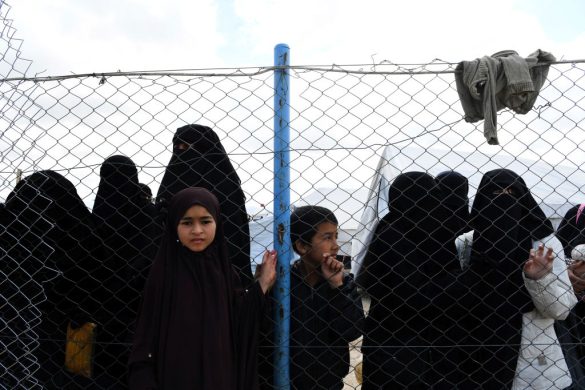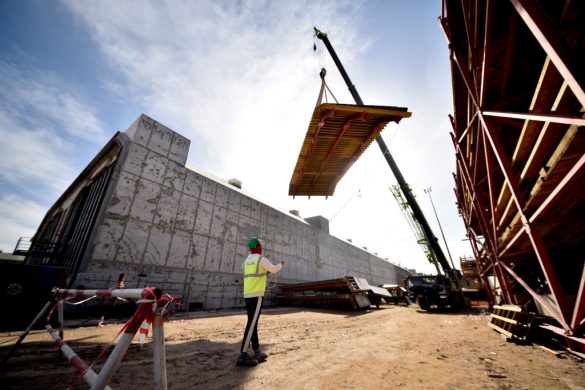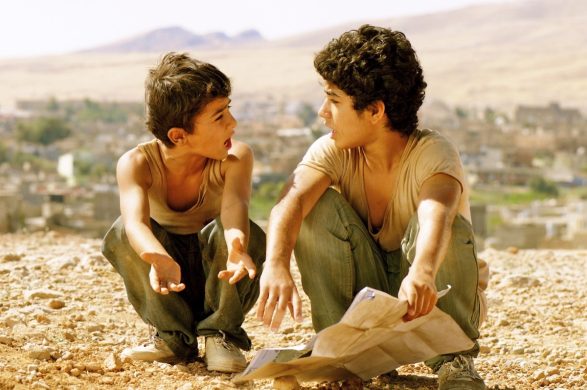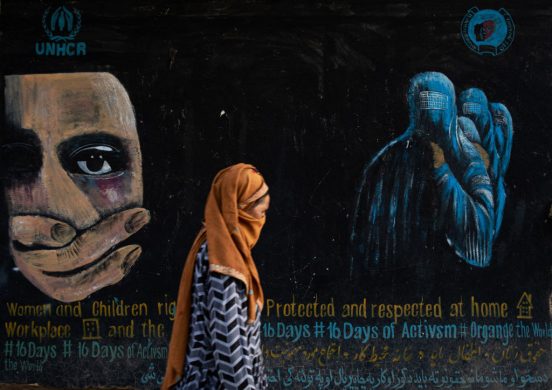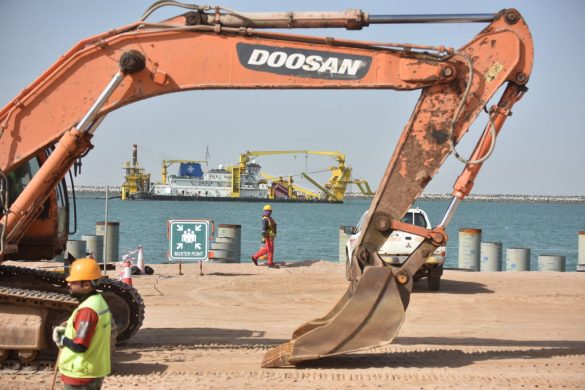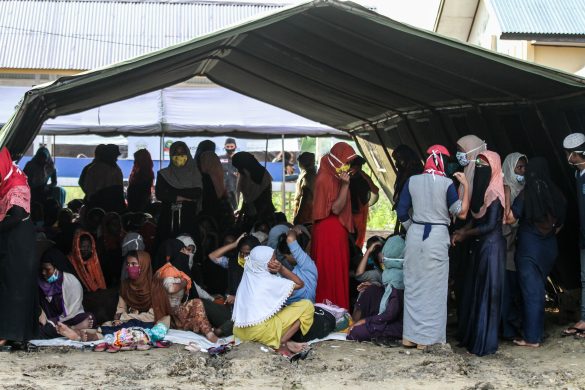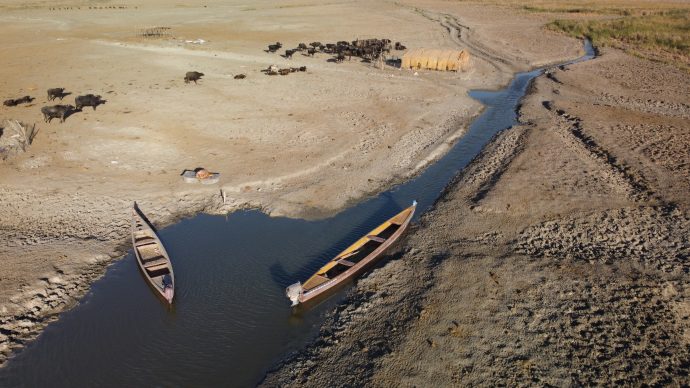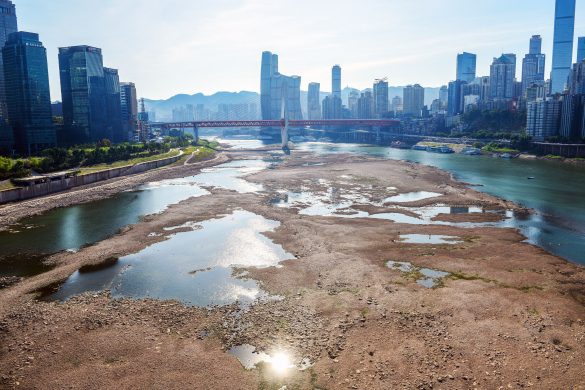GENEVA, 29 September 2016 (UNHCR): The anticipated Iraqi military offensive to retake Mosul threatens to produce one of the largest man-made displacement crises of recent times, UNHCR’s representative in Iraq has warned.
As the clock ticks, the UN Refugee Agency is working intensively with partners to ensure that the humanitarian community is ready for the expected human outflow, Bruno Geddo told reporters at a briefing in Geneva on Thursday.
Humanitarian agencies predict that more than 1 million people could be displaced by the offensive by Iraqi Government forces to retake the country’s second city. They expect at least 700,000 will need urgent assistance in the form of shelter, food, water or medical support.
“The stakes could not be higher,” Geddo told the media at the Palais des Nations.
Nearly one in 10 of the Iraqi population has been displaced due to conflict since 2014. Some 61,900 people have been uprooted from Mosul and surrounding areas since March, with an additional 100,500 displaced from Shirqat, Al Qayyarah and surrounding areas since June.
Katastrofen i Faluja
In June, the Iraqi Government declared that it had re-taken control of Falluja from extremists, but the human cost was high and the international community was criticized for failing to anticipate the degree of displacement and suffering.
“We have learned a lot of lessons from the Falluja crisis in June,” Geddo added. “The first lesson is that it is too late if you receive funding once the crisis hits the television screen.”
This time, UNHCR’s strategy has been built around expanding and creating new camps, and pre-positioning emergency supplies and shelter kits to try to assist the expected outflow once the fighting starts.
Geddo said a “crescent of camps” was being readied in safe locations in four governorates around Mosul. Of these, 11 are either planned or completed and another four existing camps have capacity. Together, these could ultimately accommodate 20,000 family plots or about 120,000 people. In addition, government camps could accommodate about 150,000 people.
For shorter term assistance, UNHCR has prepositioned tents close to the assumed theatre of operations. Hopefully, people in these areas could be relocated once their homes and villages have been secured.
Svært af finde egnede lejrområder
Still, Geddo warned, there are constraints around the creation of camps including the scarcity of suitable land, which is often hard to lease, contaminated, the wrong topography or too close to the assumed front line. He also said that bringing displaced people from Mosul to temporary camps risks inflaming ethnic and religious tensions.
“The other constraint,” he added, “is time.” Reports suggest the offensive may occur as early as next month.
“We know that this is coming, and the donors have accepted and are funding our plans to prepare – even though the funds may not cover all our needs,” he added.
“There is still a problem with funding,” Geddo said. The Mosul emergency response budget has been set at US$196 million, but that is currently only 33 per cent funded.
Last week UNHCR reported from Debaga and Najaf on forcibly displaced families and unaccompanied children already fleeing areas surrounding Mosul.
Storindkøb af nødhjælpsudstyr
In addition to the camps, 38,000 tents have been procured by UNHCR. A total of 50,000 emergency shelter kits will be used to build more rudimentary shelters in emergency camps or collective centres and 30,000 sealing-off kits have been procured for use in unfinished or abandoned buildings.
Furthermore, 100,000 core relief kits, which include blankets, mats, jerry cans and kitchen utensils, have been earmarked. Funding permitting, UNHCR plans to procure winter assistance kits for 138,000 families including blankets, mattresses, heating stoves, plastic sheeting and insulation kits.
Amid fears that civilians might be used as human shields by extremists, Geddo said UNHCR has been strongly advocating for allowing civilians access to safety if they manage to reach certain areas.
“Iraq has been going through intermittent wars since 1975 – the Iraqi people are deeply traumatized,“ he said. “This war now – 2016-2017 – might, with luck, mark a turning point for the country. The international community should not succumb to fatigue.”






